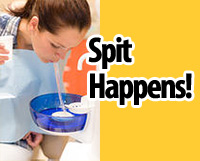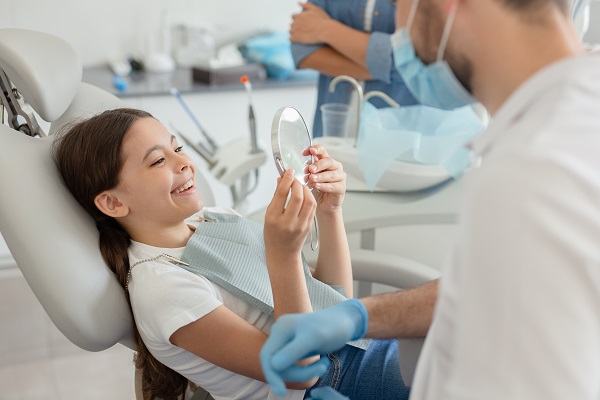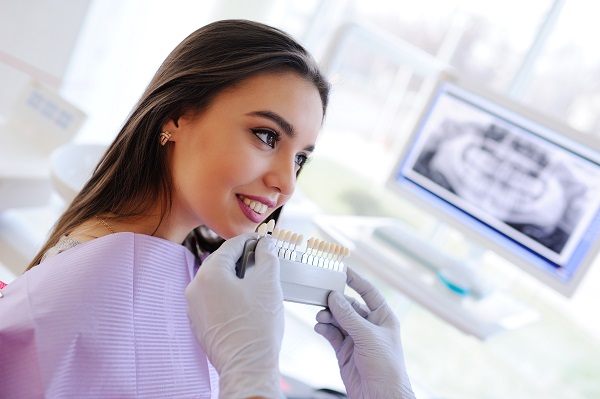Saliva Is A Necessity
Saliva Is A Necessity
Ever wonder why we have so much saliva?
Saliva neutralizes acids that can erode your teeth. Plaque produces acid that causes cavities. Acids can also be
found in many of the foods we eat and
a lot of different beverages that we drink. Another way that we can get acid in our mouth is through acid-reflux from the stomach or by vomiting. Luckily, saliva has buffers that can neutralize the acid
Saliva inhibits demineralization of the tooth surface and promotes remineralization. That means that when acids try to dissolve
the outer layer of your teeth (the enamel), your saliva is right there, super-saturated with extra calcium and phosphate to prevent the acid from demineralizing your teeth. When the acid is so strong that it does demineralize the tooth, your saliva will neutralize the acid as soon as possible, and then replace the lost tooth with calcium and phosphate.
Also, saliva cleanses the mouth. After you eat, your saliva goes to work to rinse away any extra food that may be stuck on your teeth. When the food sticks to your teeth, it can feed the bacteria that live on your teeth, starting the process of demineralization that may lead to a “cavity”. By washing away the food, your saliva is getting rid of the food source for the bacteria, ensuring that your teeth remain in good condition.
According to the
folks at WebMD, saliva is a very important part of a healthy body. It’s mostly made of water but has substances that your body needs to digest food and keep your teeth strong. More specifically, it:
 Keeps your mouth moist and comfortable
Keeps your mouth moist and comfortable- Helps you chew, taste, and swallow
- Fights germs in your mouth and prevents bad breath
- Has proteins and minerals that protect tooth enamel and prevent tooth decay and gum disease
- Helps keep dentures securely in place
So…knowing that, whenever you wonder why you have so much saliva, now you’ll know it’s all part of keeping your body healthy!
Recent Posts
Are you thinking of using mouthwash and wondering what your family dentist recommends? For those that practice good oral hygiene, the daily use of mouthwash is part of their routine. For those who do not practice proper oral hygiene, mouthwash is often used as a substitute for brushing their teeth.Despite the ease and benefits of…
When it comes to the food that we eat every day, there are some that are much more teeth-friendly than others. In this article, we will cover 7 of the best teeth-friendly foods that are excellent choices when picking your next meal.The health of a person's teeth can be impacted by the food they choose…
You use your brush to scrub off food particles from teeth and to remove the disgusting film from your tongue, but rarely do you clean your toothbrush. Cleaning a toothbrush is one of the essential aspects of oral hygiene that helps you stay protected from the proliferation of bacteria.Toothbrushes are undoubtedly a fertile breeding place…
Poor oral hygiene manifests in a number of different forms. From bleeding or swelling gums to toothaches, growths in the mouth and alterations to the tongue's surface, poor oral hygiene has plenty of forms. Some patients exhibit several common indications of poor oral hygiene. Here is a look at some of the most common signs…
 Keeps your mouth moist and comfortable
Keeps your mouth moist and comfortable
